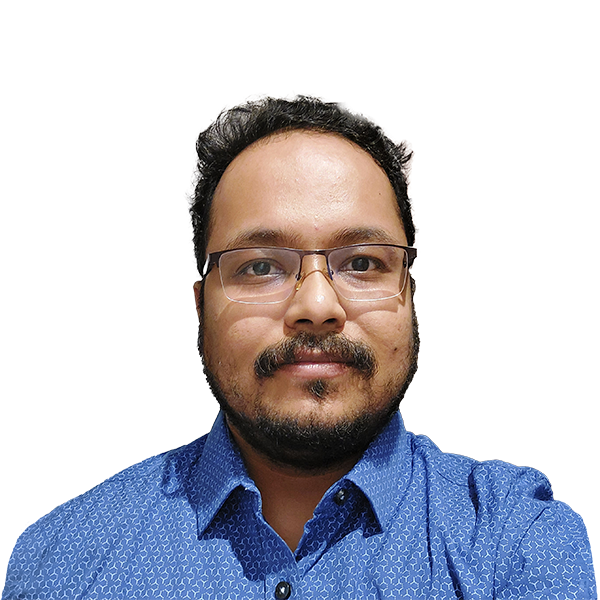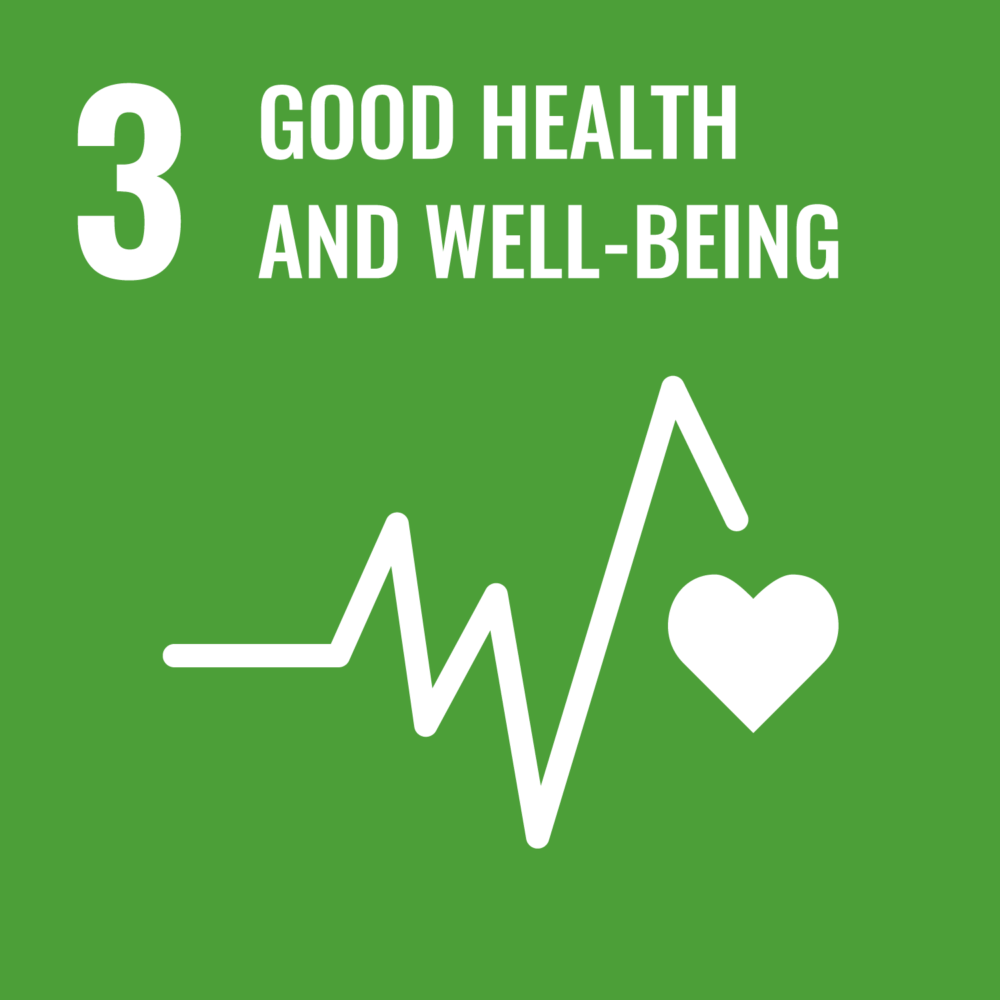Environmental stressors as causal determinants for immune-mediated diseases – mapping and prioritizing evidence for knowledge-based policy making
In a large majority of non-communicable diseases (NCDs), including the immune-mediated diseases (IMDs), complex gene-environmental interactions contribute to the onset and development of disease through the modulation of biological pathways. IMDs are characterized by abnormal immune responses, have limited therapeutic options and require lifelong treatment if not detected during the preclinical stage.
EXPOSIM will provide a strong evidence base to better understand the impact of combined environmental stressors on immune health, with a focus on air pollution, noise and hazardous waste in urban areas. More specifically, we will investigate the impact of environmental stressors – the external exposome – on IMDs and immune health at different stages in life (pregnancy, childhood and adulthood). We will identify biological pathways and molecular mechanisms mediating the effect of combined exposures on IMDs. Through case studies and topical reviews, we will demonstrate the effectiveness of exposure-reducing and health-promoting interventions, with a focus on vulnerable and highly exposed individuals. This knowledge will be translated into policy recommendations and informed decision-support tools. Moreover, the project emphasises on scientific collaborations and stakeholder engagement, involving co-creation of health-promoting actions, education, training and communication. EXPOSIM will build a user-friendly toolbox for regional, national and EU policymakers, health professionals, researchers and citizens.
To reach its ambitious objectives, EXPOSIM brings together a geographically balanced, experienced interdisciplinary consortium (active in PARC, EXIMIOUS, EHEN, METEOR) of ten European partners with complementary expertise in exposome research, epidemiology, immunology, omics, novel data analytics, health economics and social sciences and humanities. Ultimately, EXPOSIM will contribute to a healthy environment and healthy lives for all EU citizens.
This project contributes to the UN Sustainable Development Goals (SDGs) 3, 8, 11, 13.
Coordinator:Katholieke Universiteit Leuven, BE
Partners:
- Folkehelseinstituttet, NO
- Aarhus Universitet, DK
- Universiteit Hasselt, BE
- Universidade Nova de Lisboa, PT
- Det Nationale Forskningscenter for Arbejdsmiljo, DK
- Fundacio Hospital Universitari vall d'Hebron - Institut de Recerca, ES
- Biogenity ApS, DK
- Centralny Instytut Ochrony Pracy - Panstwowy Instytut Badawczy, PL
- accelopment Schweiz AG, CH






